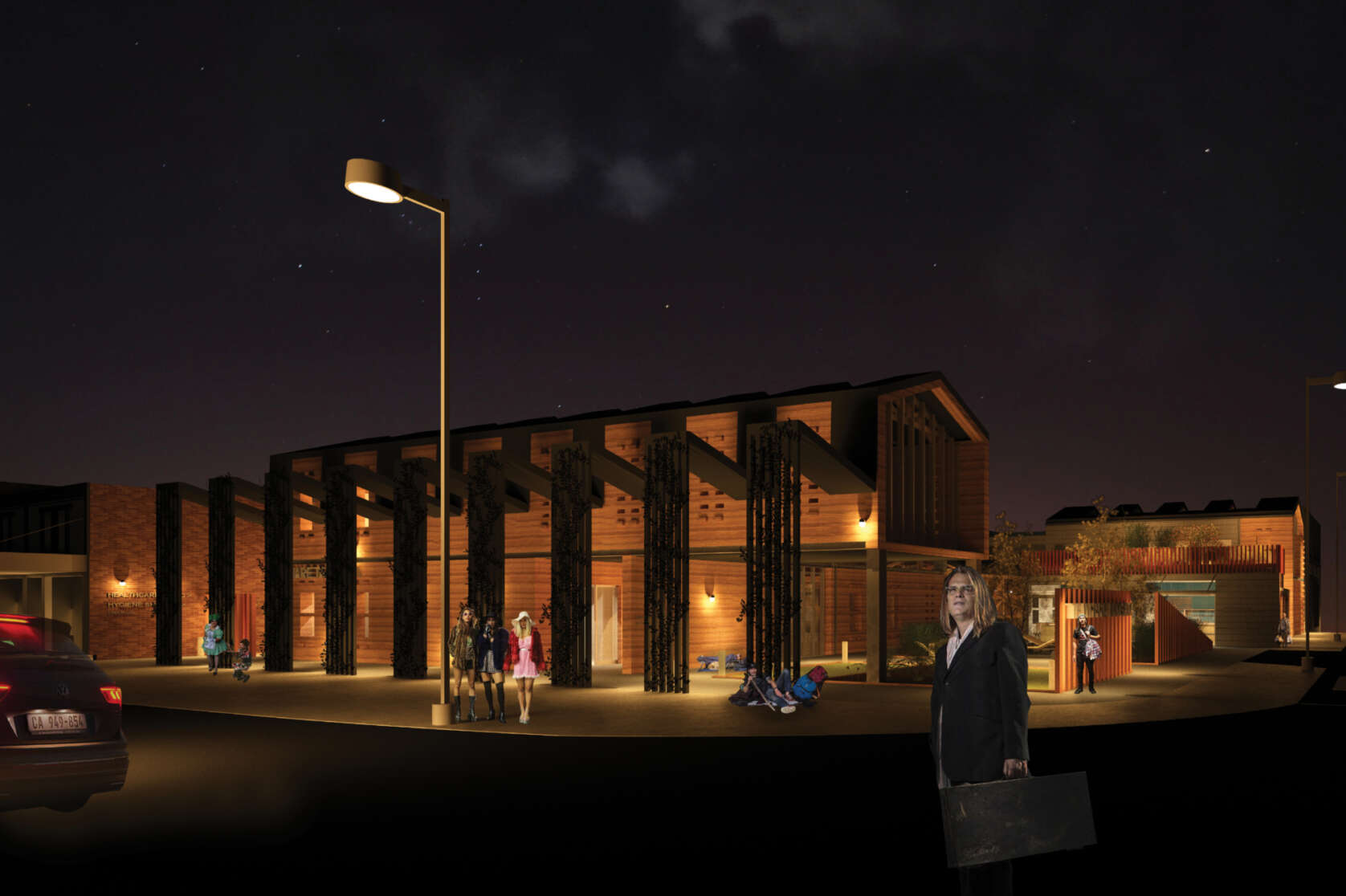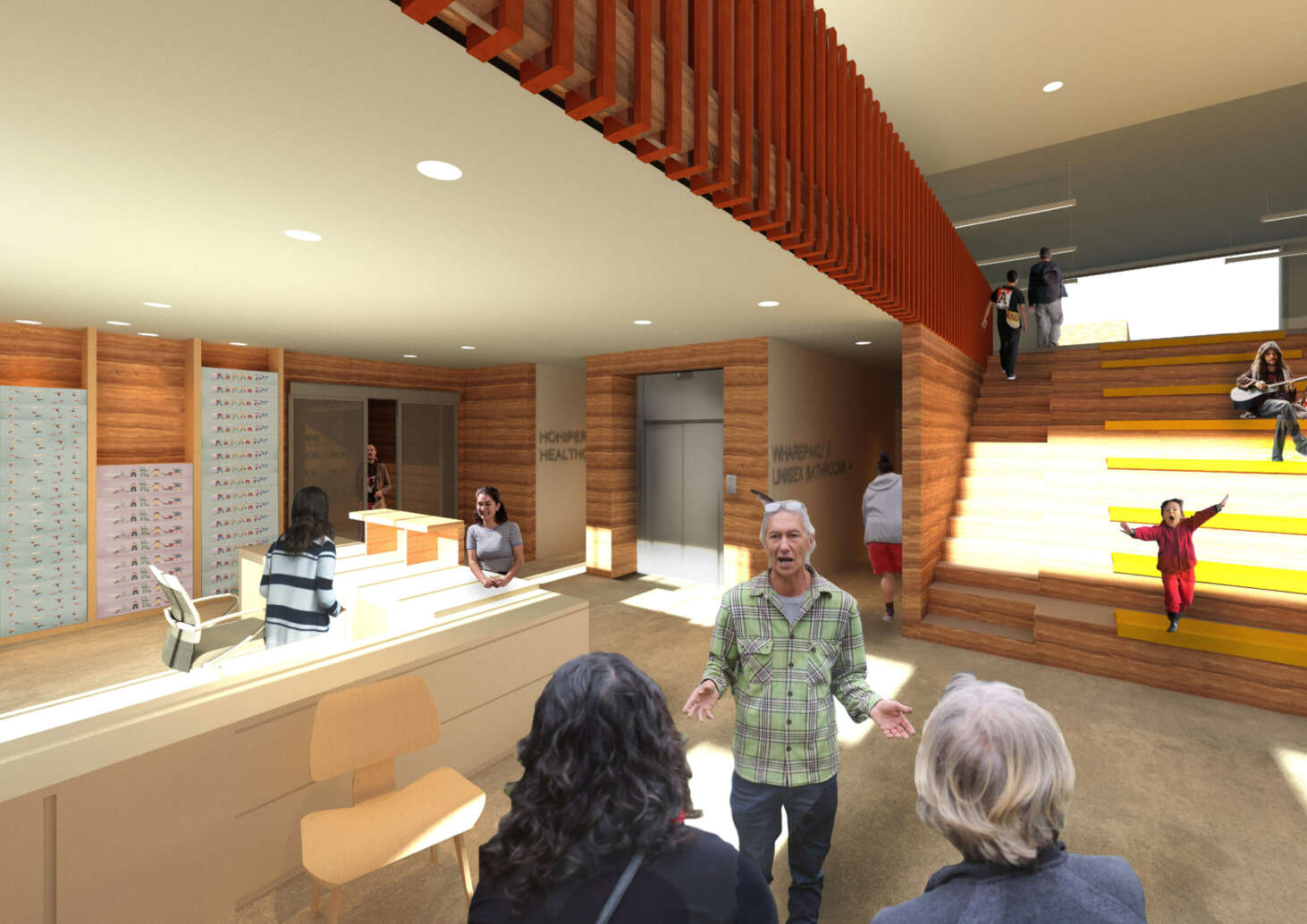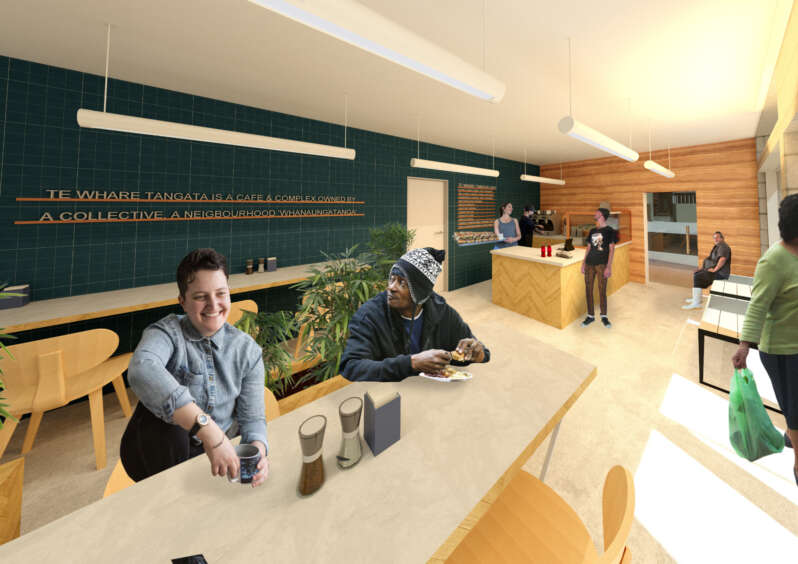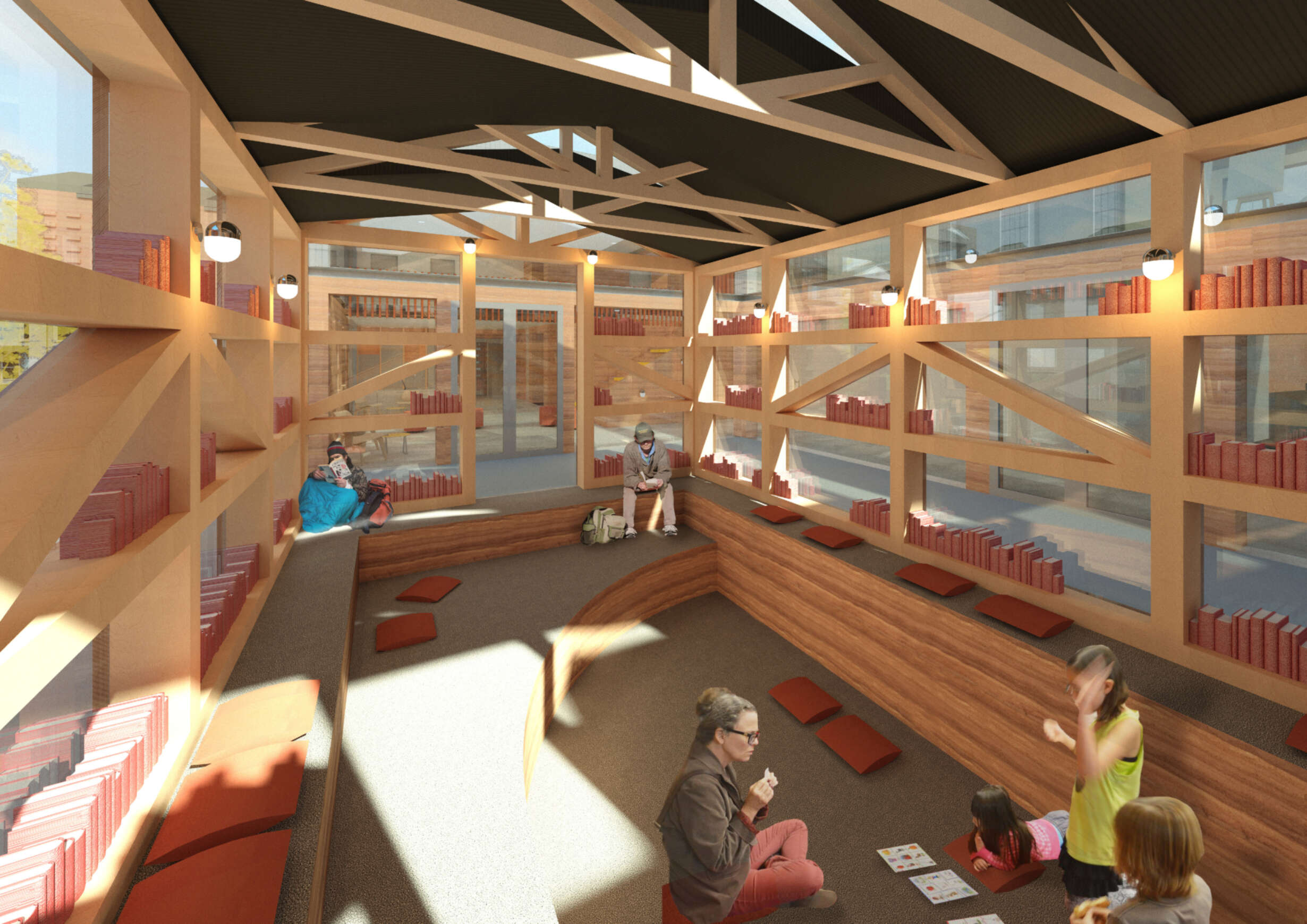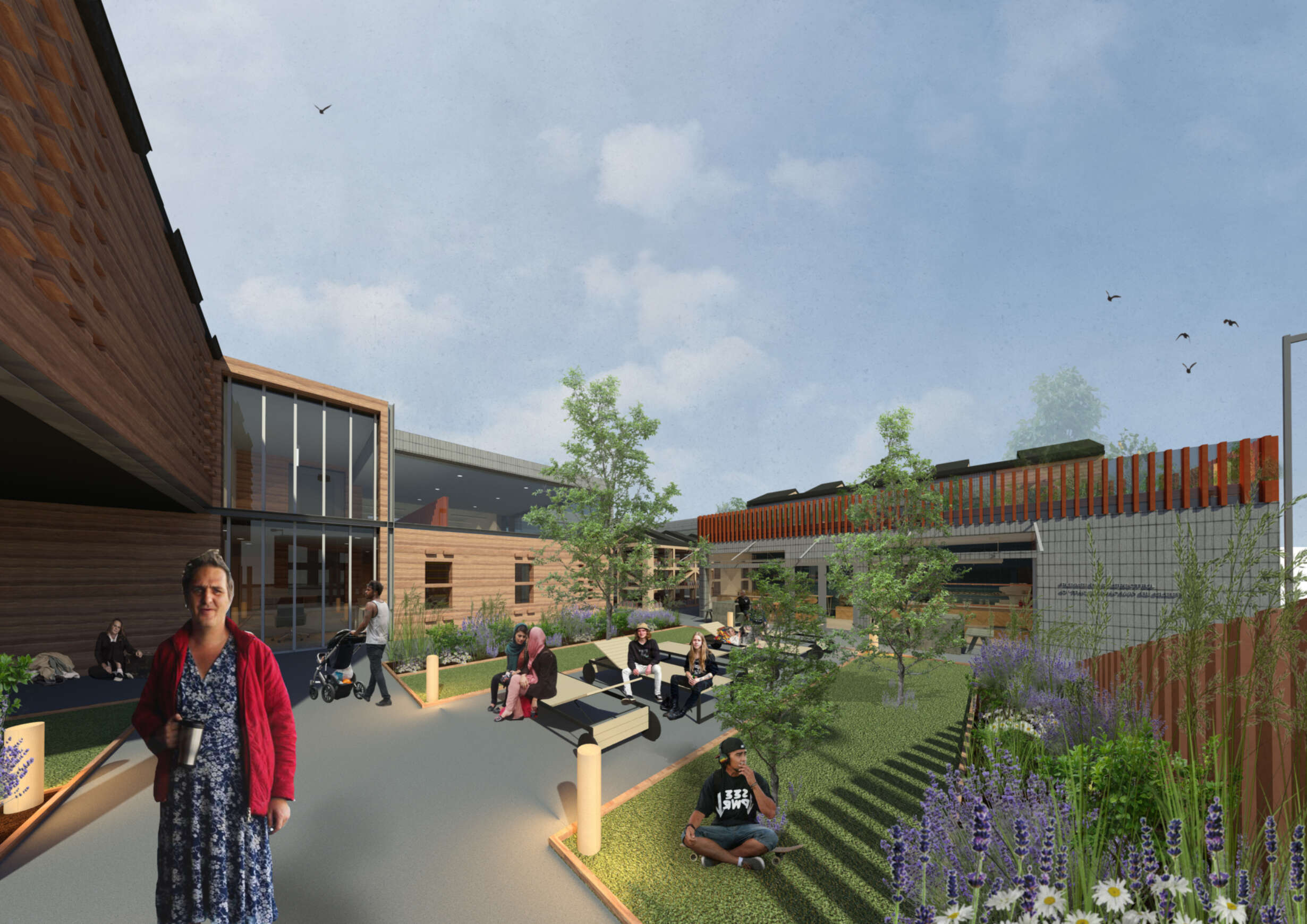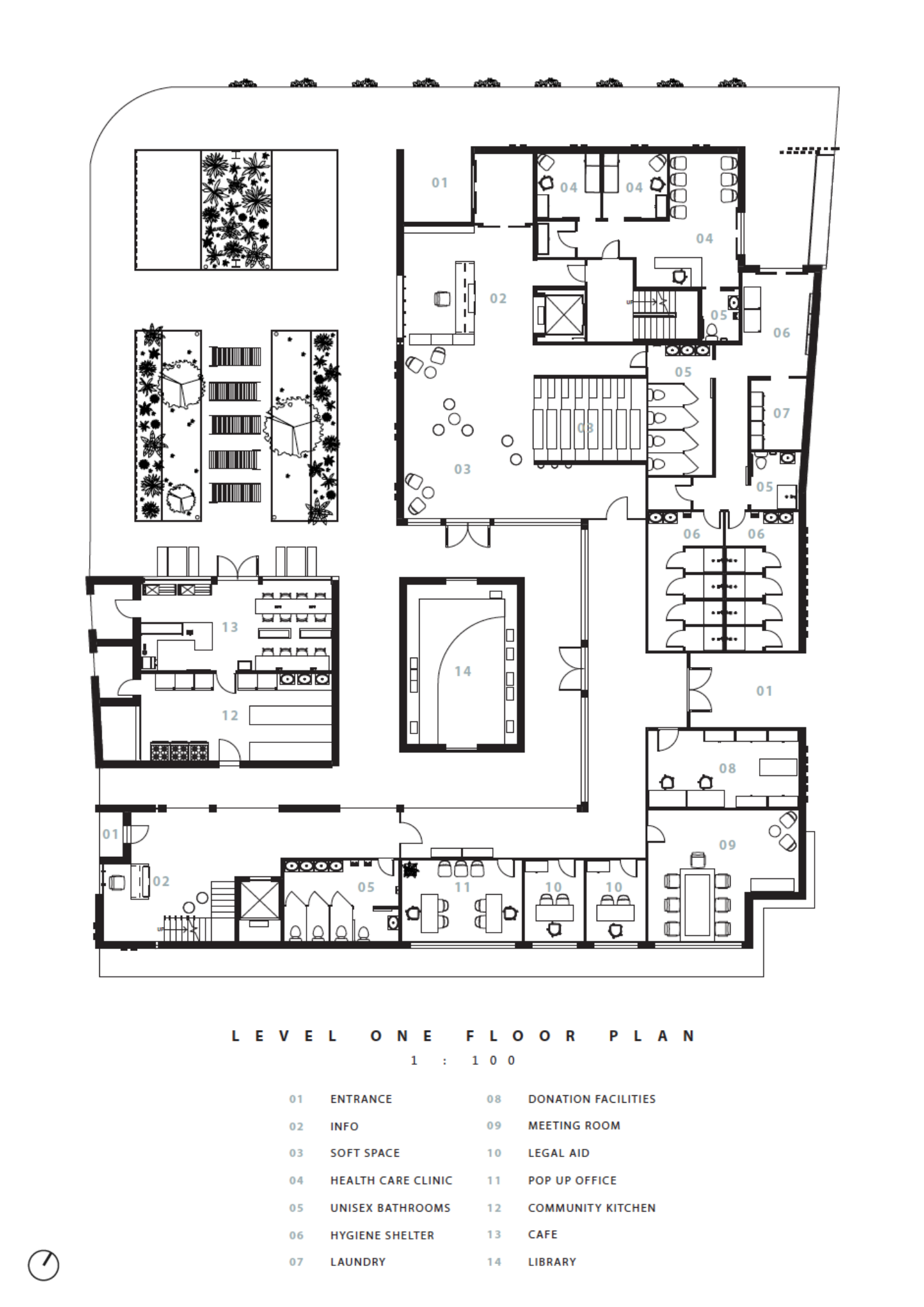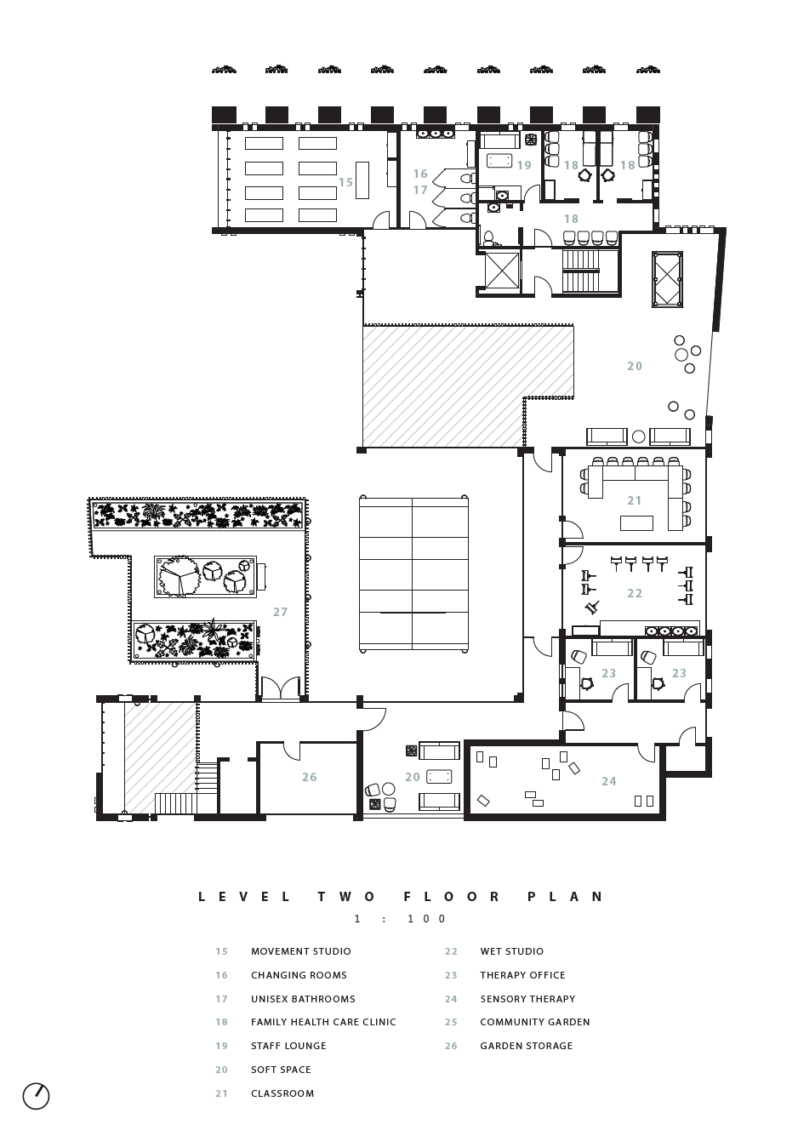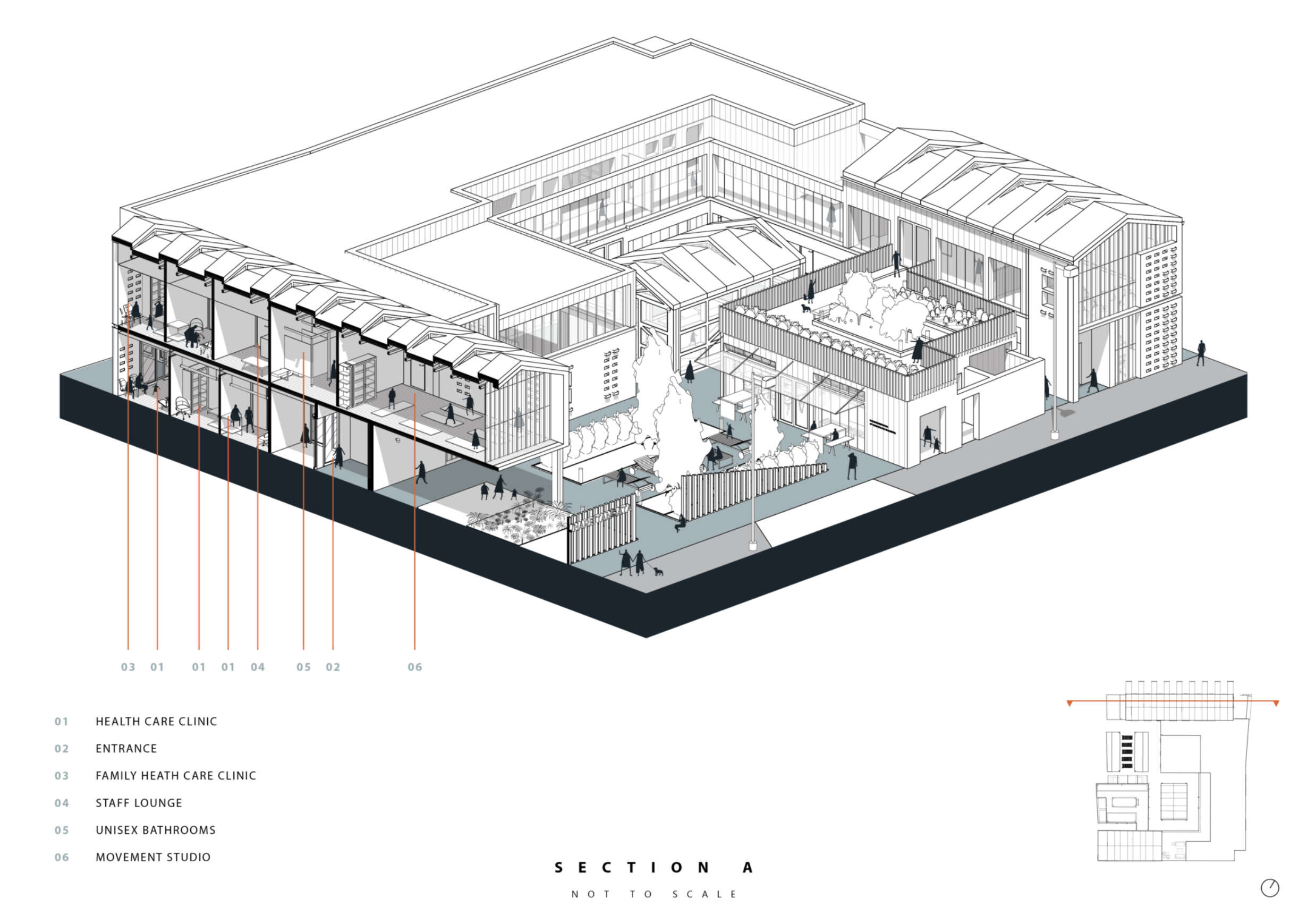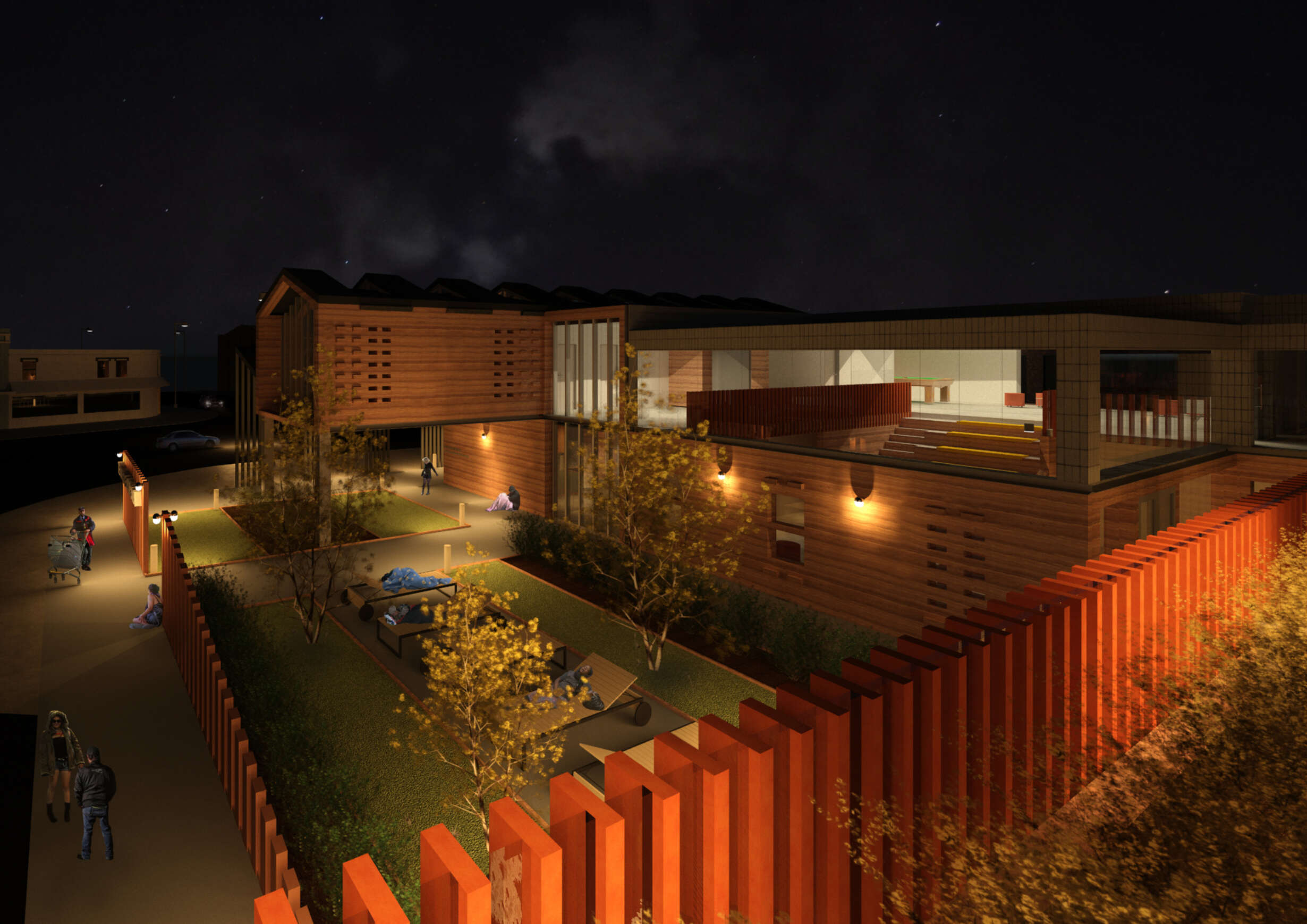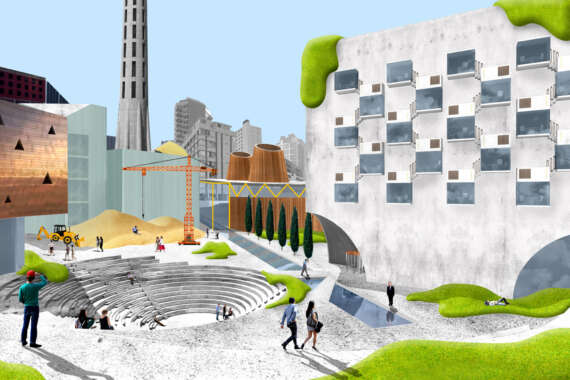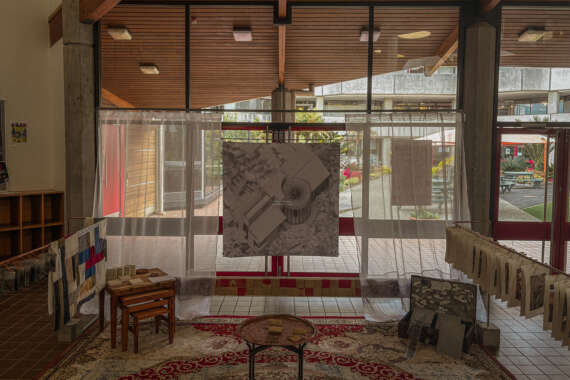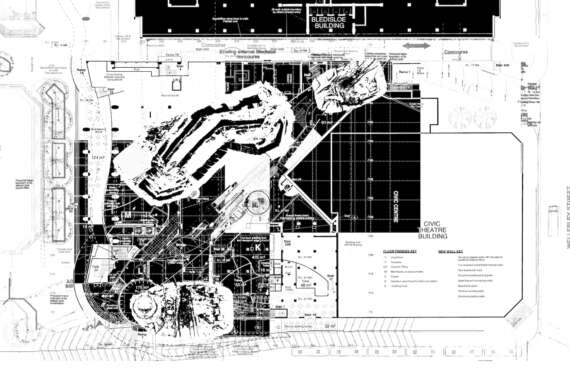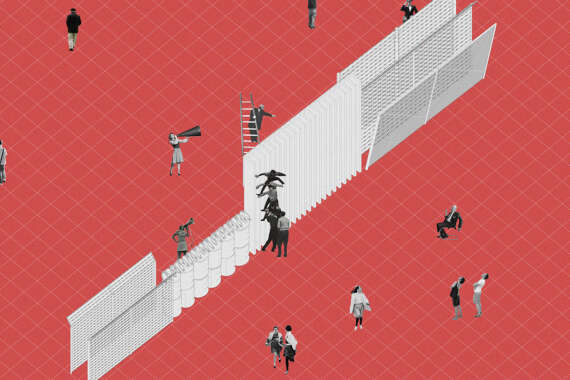Within academia, the understanding of architectural feminism is governed by theorists Kimberlé Crenshaw, Jane Jacobs, Jane Rendell, Jennifer Bloomer, and Lori Brown. Using these paradigms, this thesis will navigate the movement of a space intended to help mitigate negative conversation, and drive growth and support for these communities.
Through providing a nurturing homogeneous space for the collective users of Karangahape Road, this piece of architecture becomes a place where the vulnerable can see themselves in others. They can seek support and guidance or act as mentors to others in need. For the individual users of the building, the facilities will offer an intimate architectural journey of celebrating their diversity. The approach includes conversations with existing community organisations who articulate the urgency for aid within a metropolis like Auckland. Participating in these conversations helps to identify both the design interventions required to accommodate the needs of the users and the necessary transitional developments for the urban landscape to support these needs.
This thesis will act as a step towards acknowledging an alternative typology to re-define vulnerable urbanity, confronting the vulnerability of its inhabitants, and alleviating the stigma behind their way of life.
